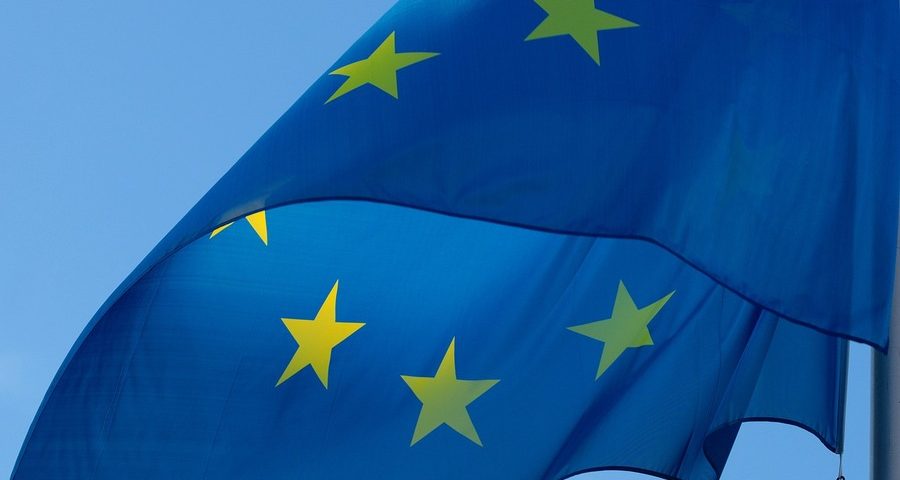
Special focus: Celebrating 20 years of EFA
November 9, 2022
Cap for donor tax relief will harm giving, say Netherlands charities
November 28, 2022The European Commission is vowing to place citizens at the heart of decision-making under its 2023 work programme. This means there will be a balancing act to be had between achieving the protection they deserve and not over-burdening the nonprofit sector with new responsibilities and regulation, says our Brussels correspondent Patrick Gibbels.
Each year, the European Commission adopts its annual work programme, listing the main actions it will take in the coming year. The programme informs the public and other institutions about new initiatives the Commission will present, as well as pending proposals to be given priority, those to be potentially withdrawn, and existing EU legislation that will be reviewed.
On 18 October, the Commission presented its work programme for 2023 – a task not to be underestimated in the face of the Russian aggression and rising energy prices plaguing the already fragile post-COVID landscape. We see these realities translated into a bold programme and digital transformation plays a key role in this with the Commission vowing to place citizens at the heart of decision-making.
In its 43 new policy initiatives, the Commission has based itself on the six pillars it set out at the beginning of its mandate: A European green deal; A Europe ready for the digital age; An economy that works for the people; A stronger Europe in the world; Promoting our European way of life; and A new push for European democracy. In addition, the findings of the Conference on the Future of Europe have played a role in the design of this programme. In particular, it was decided here that citizens should be more closely involved in policy-making.
Commission President Ursula von der Leyen said at a press conference that Europe is facing a confluence of crises due to the “barbaric invasion of Russia in Ukraine”. The citizens’ agenda will therefore be paramount. Protecting citizens typically goes hand in hand with an increased focus on privacy and data protection. Indeed, the E-Privacy Regulation remains a “Priority Pending Proposal” in the Commission Work Programme.
Whilst these are positive developments in principle and the continued protection of EU citizens is important, it is of equal importance for civil society to be involved to ensure that protection does not turn into over-regulation. This also means the Commission will continue to find itself caught in a balancing act between offering adequate protection to citizens and not placing unnecessary administrative and regulatory burdens on NGOs and other organisations serving these citizens.
The European Commission will now discuss a list of joint priority legislative proposals with the European Parliament and the Council. The latter will itself come up with a 6-month work programme by the end of this year, under the leadership of the Swedish Presidency, setting out the collective’s priorities to EU Member States from January to June 2023. After that, Spain takes over.
EFA will continue to monitor any relevant developments and remains at the disposal of the European Commission to exchange views on behalf of fundraisers, charities and other NPOs.
The official documentation on the European Commission’s work programme can be found here.

Patrick Gibbels, Gibbels Public Affairs
About Patrick Gibbels
Patrick is EFA’s public affairs columnist in Brussels.
He is the director of Gibbels Public Affairs.
Follow Patrick @GPA_Brussels.
Read more from Patrick in our View from Brussels column here.
Picture by Pixels2013 on Pixabay




